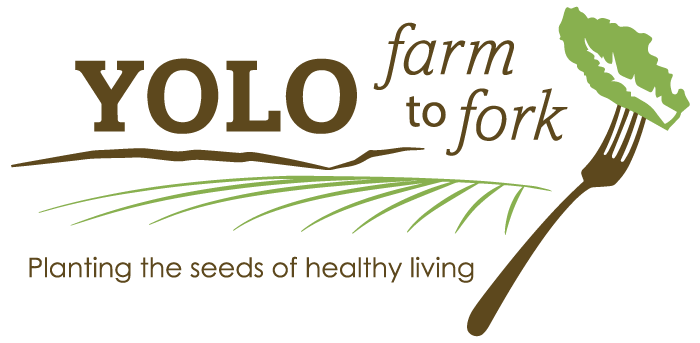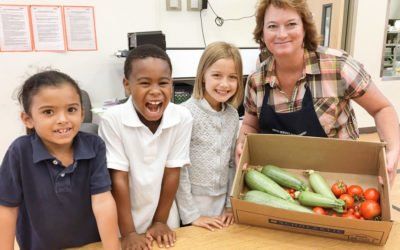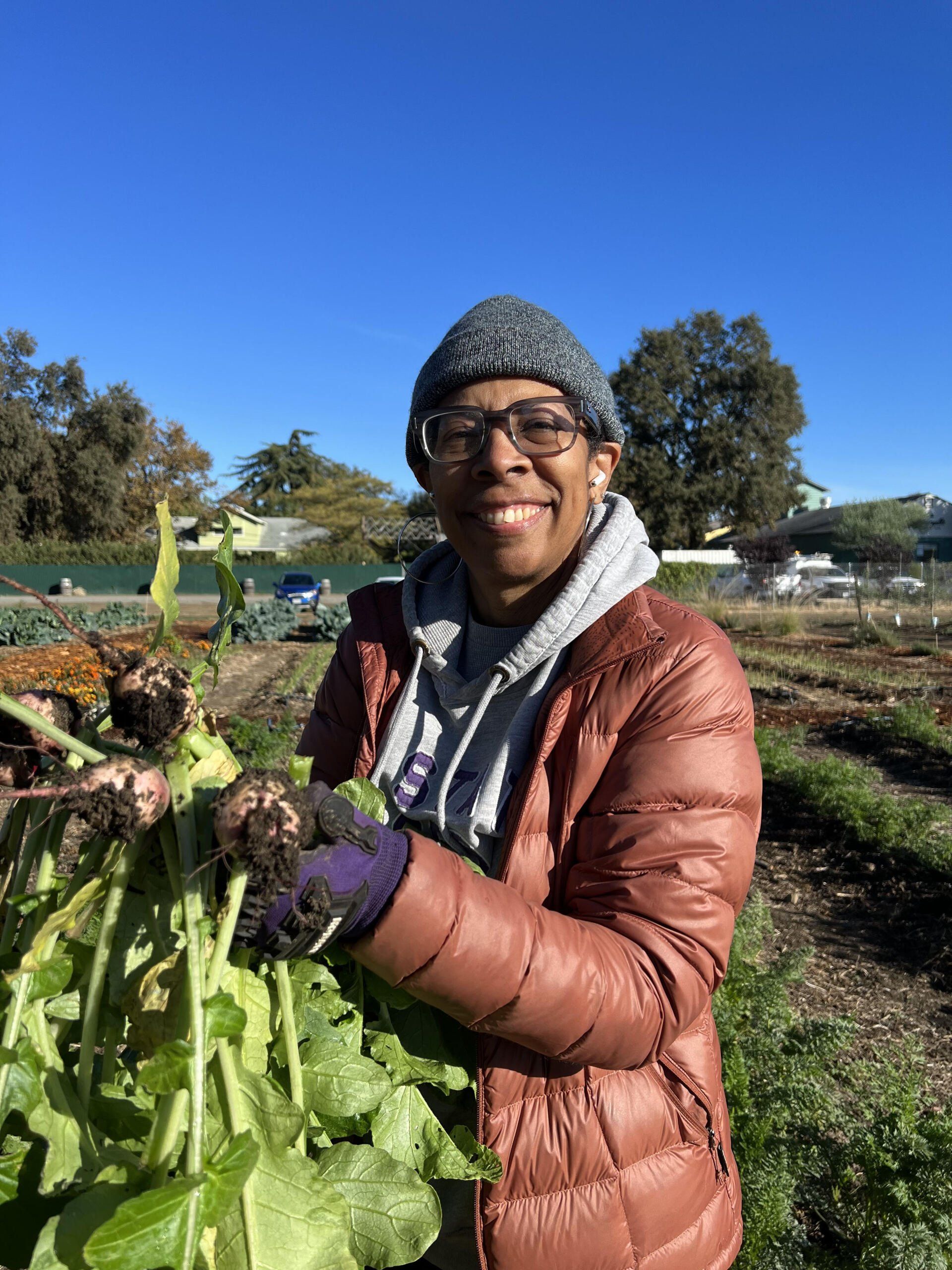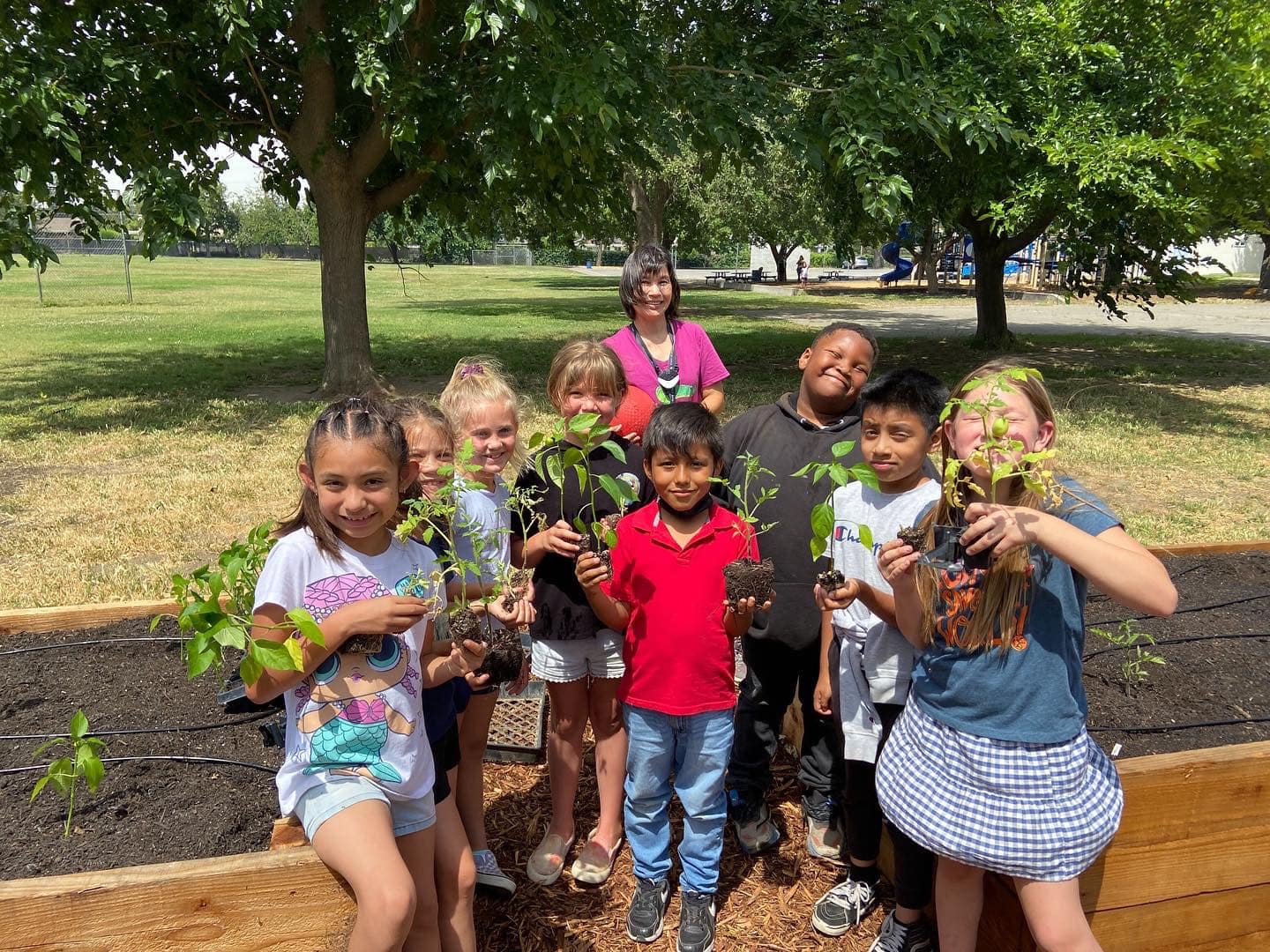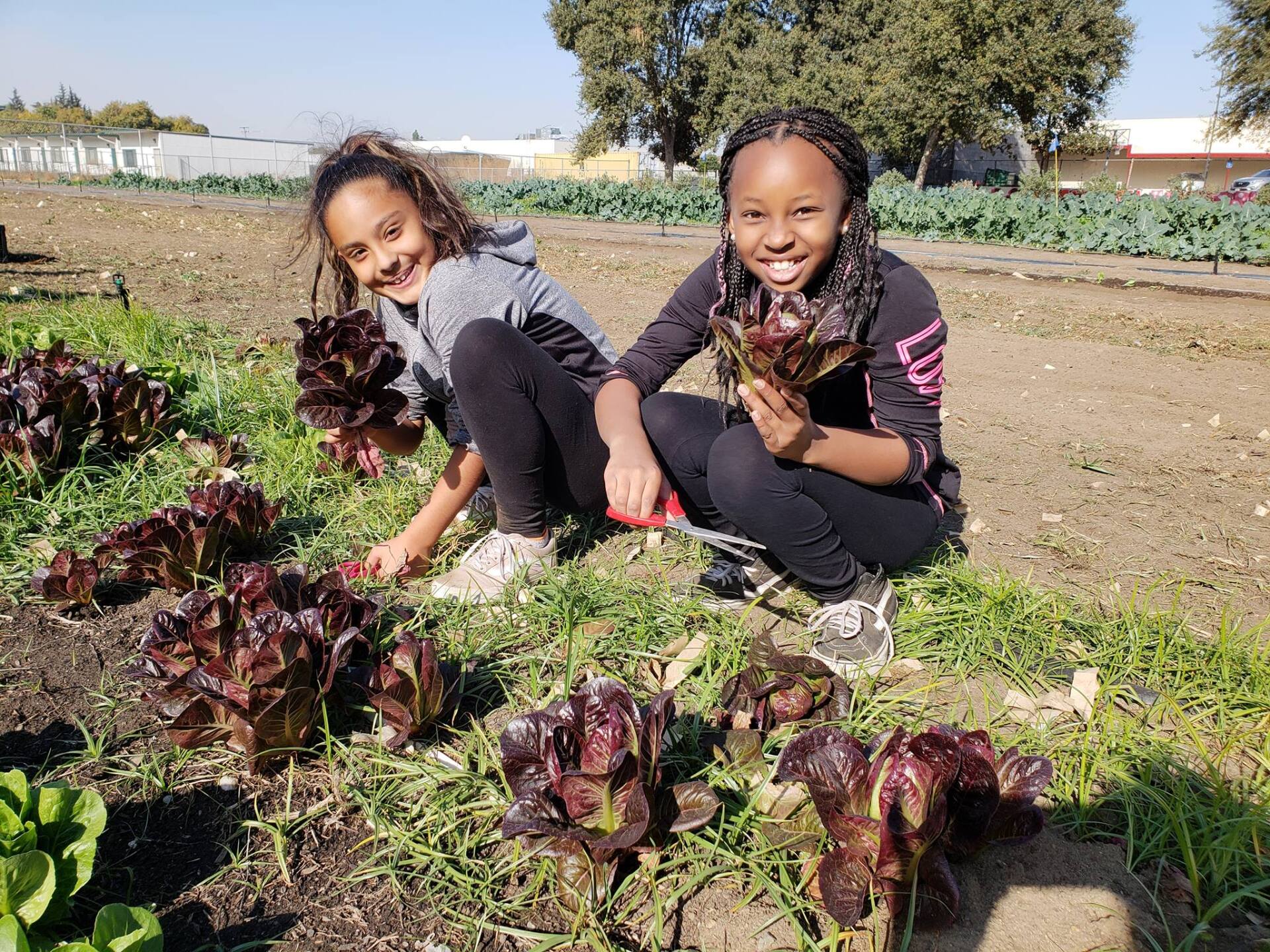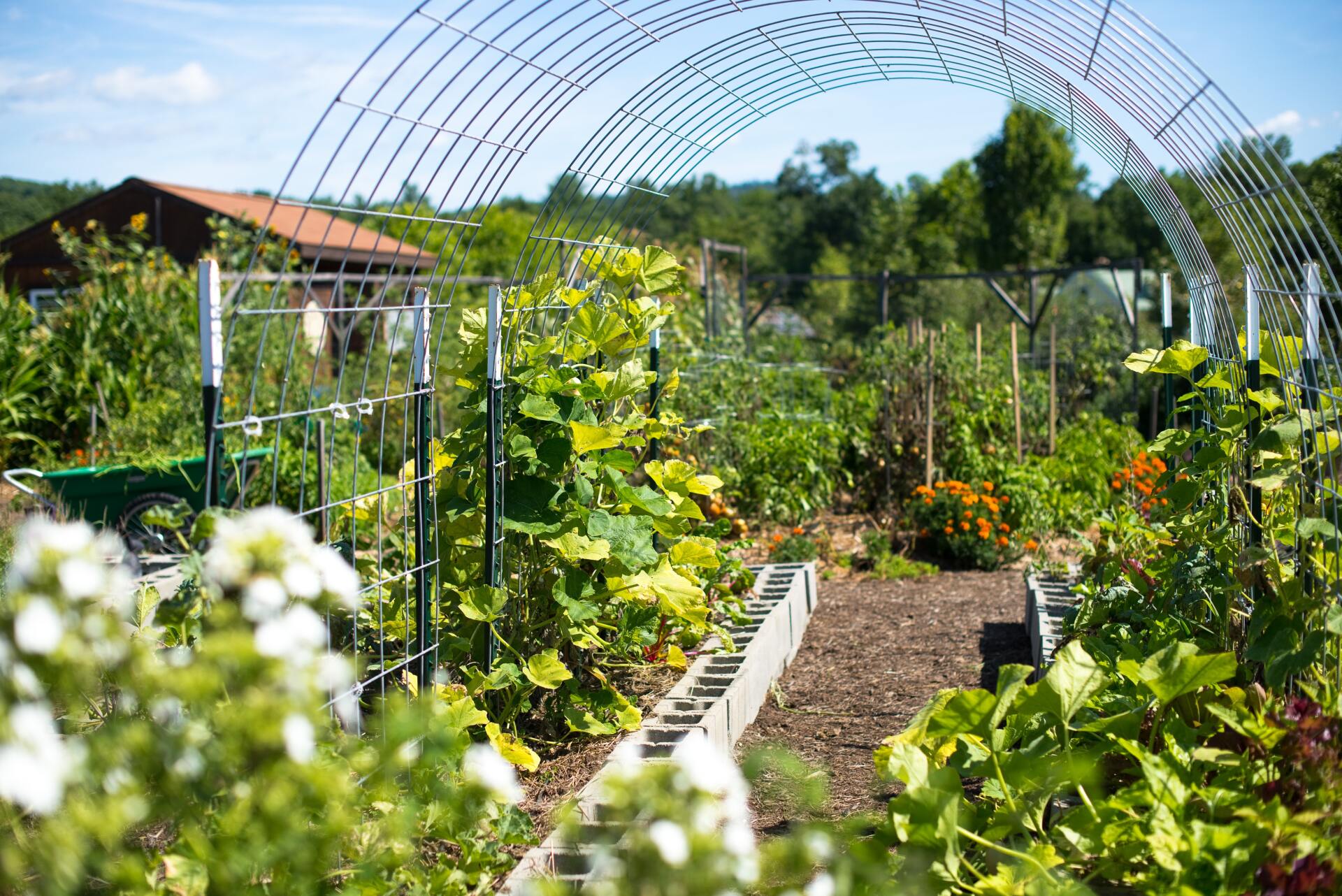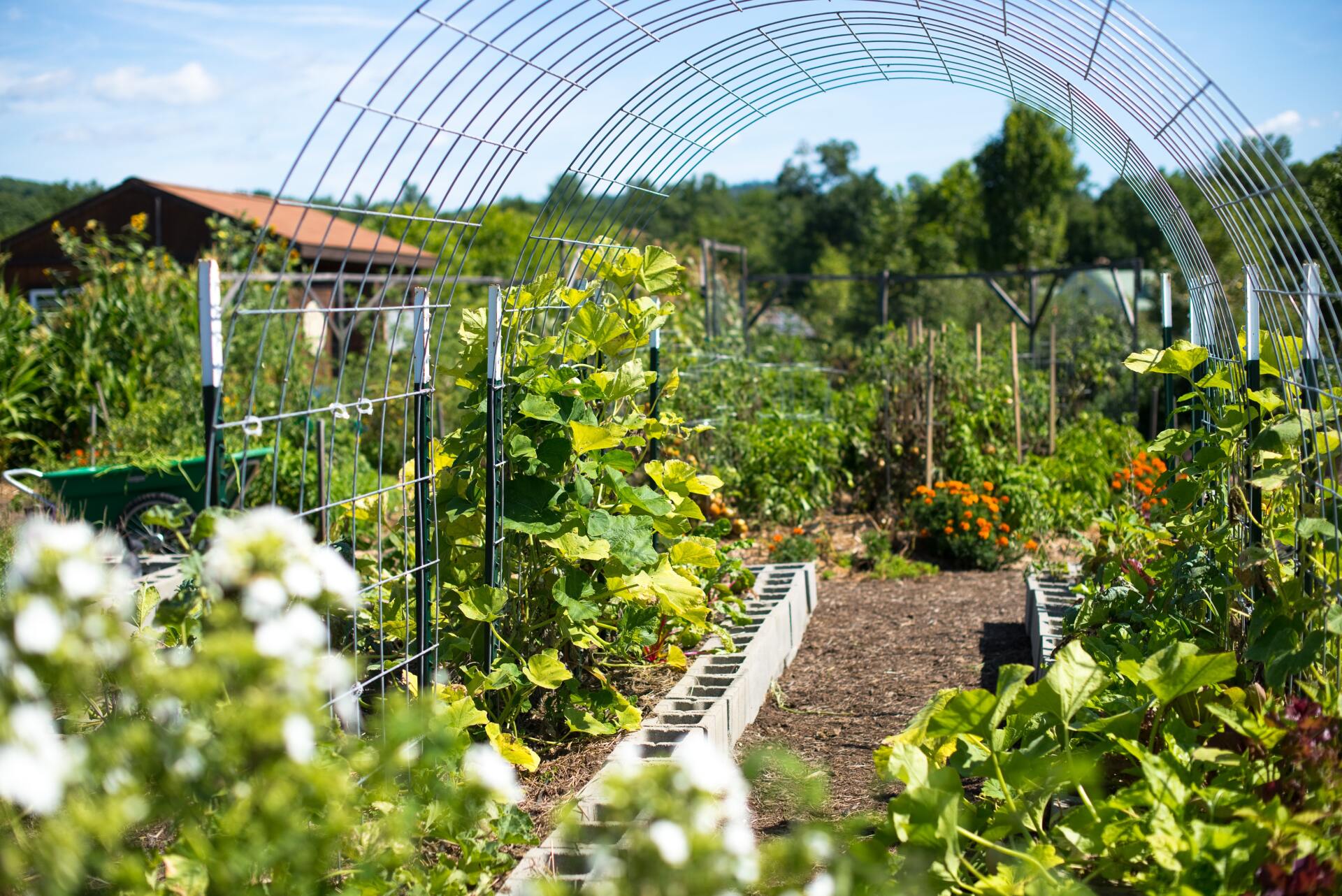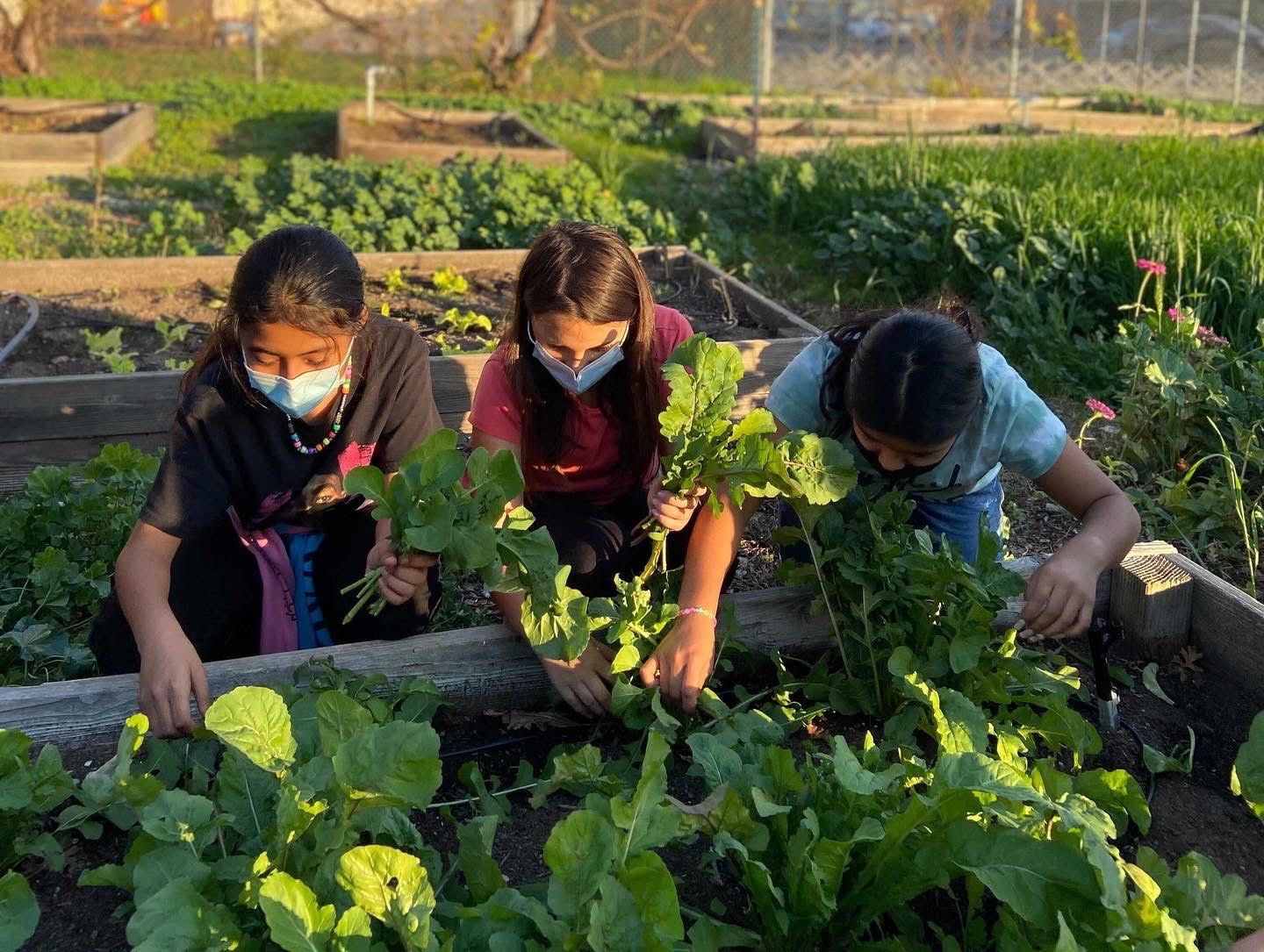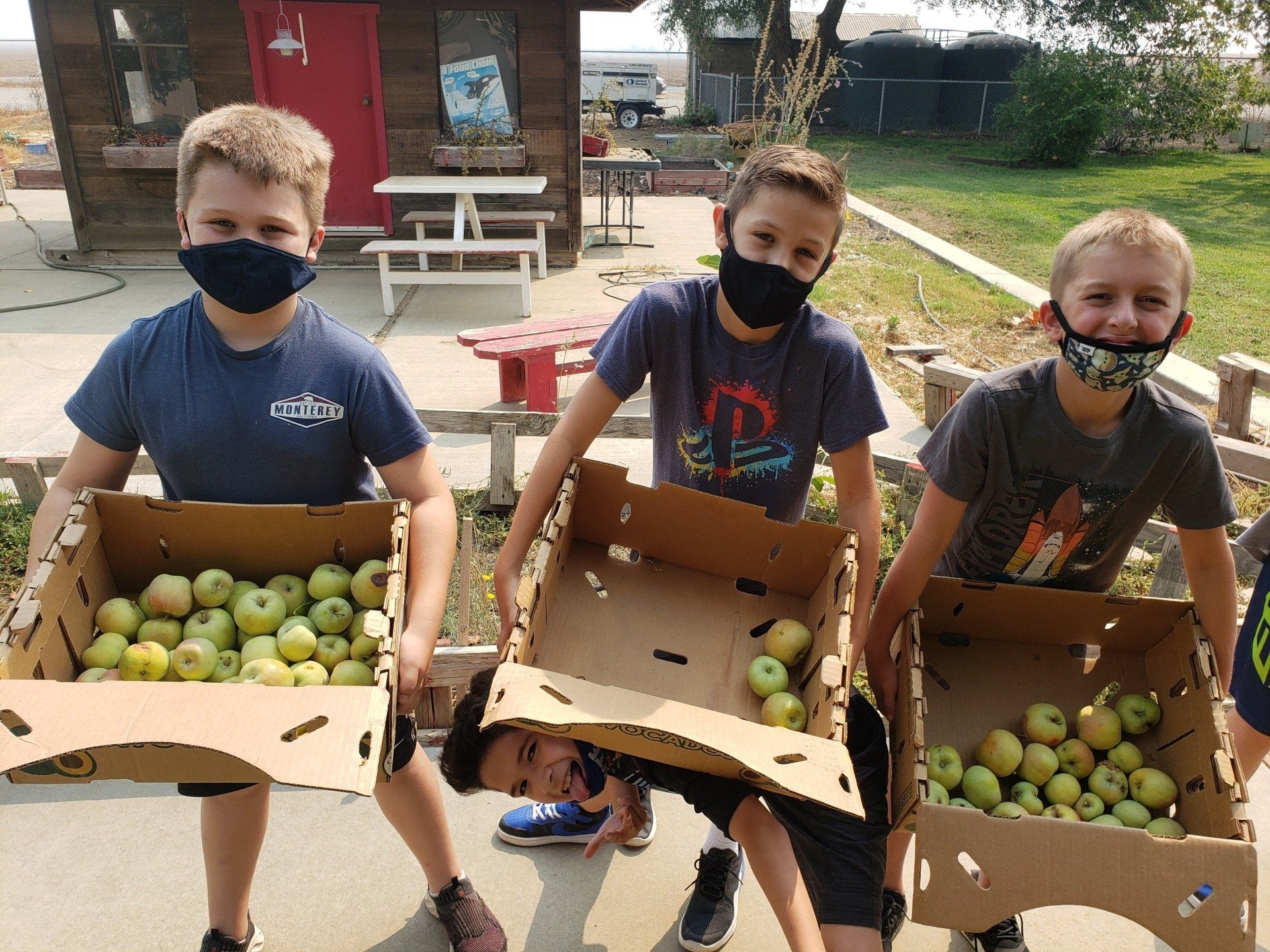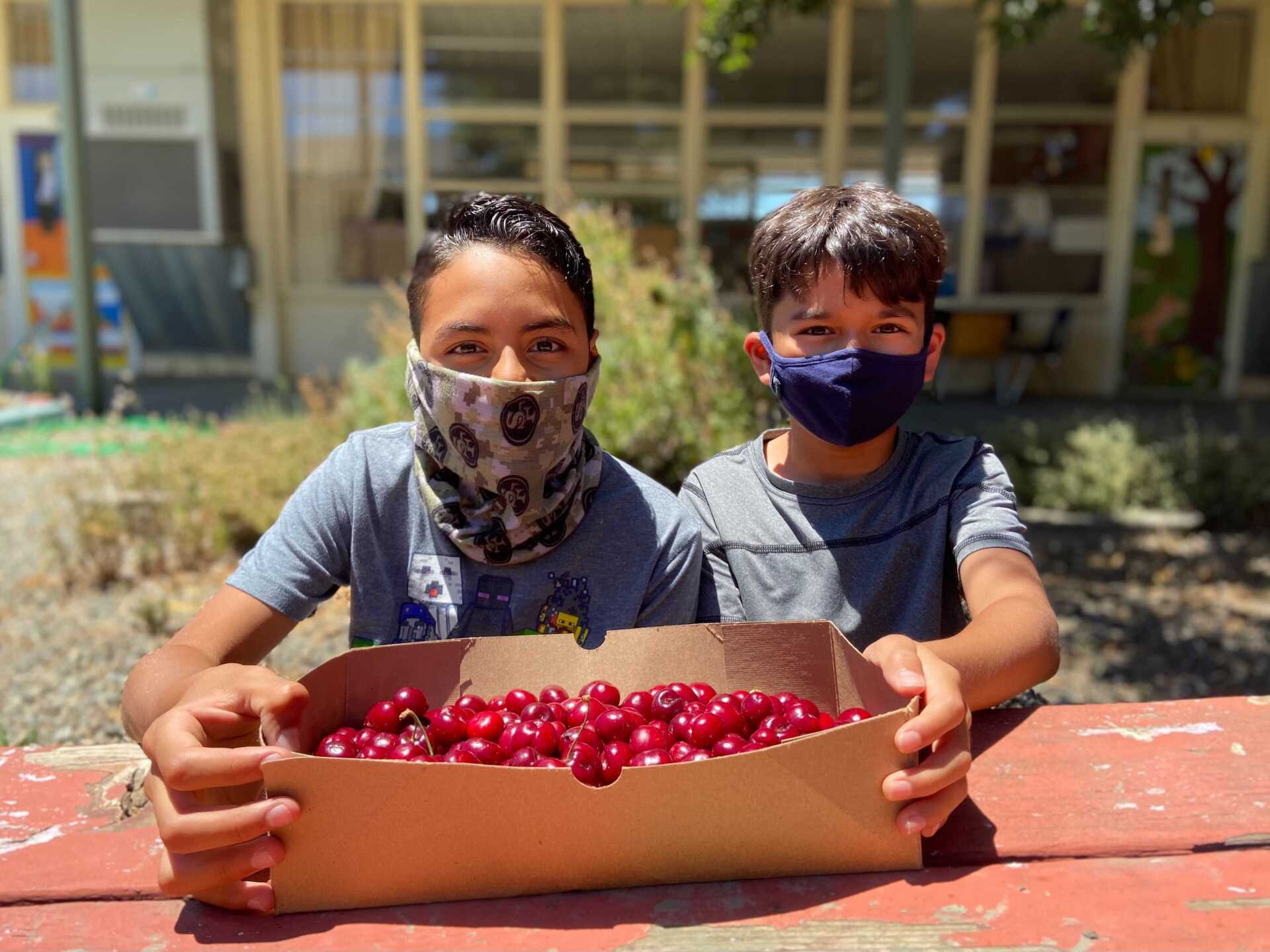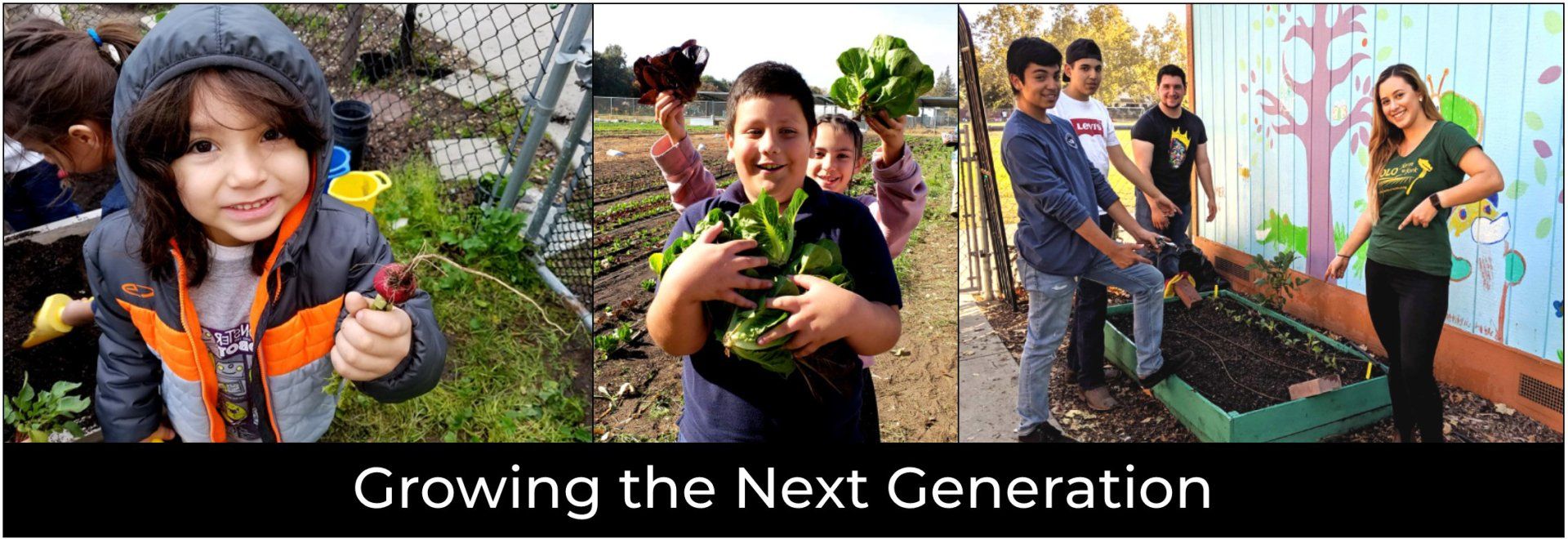Growing Lunch is Growing Strong
September 1, 2016
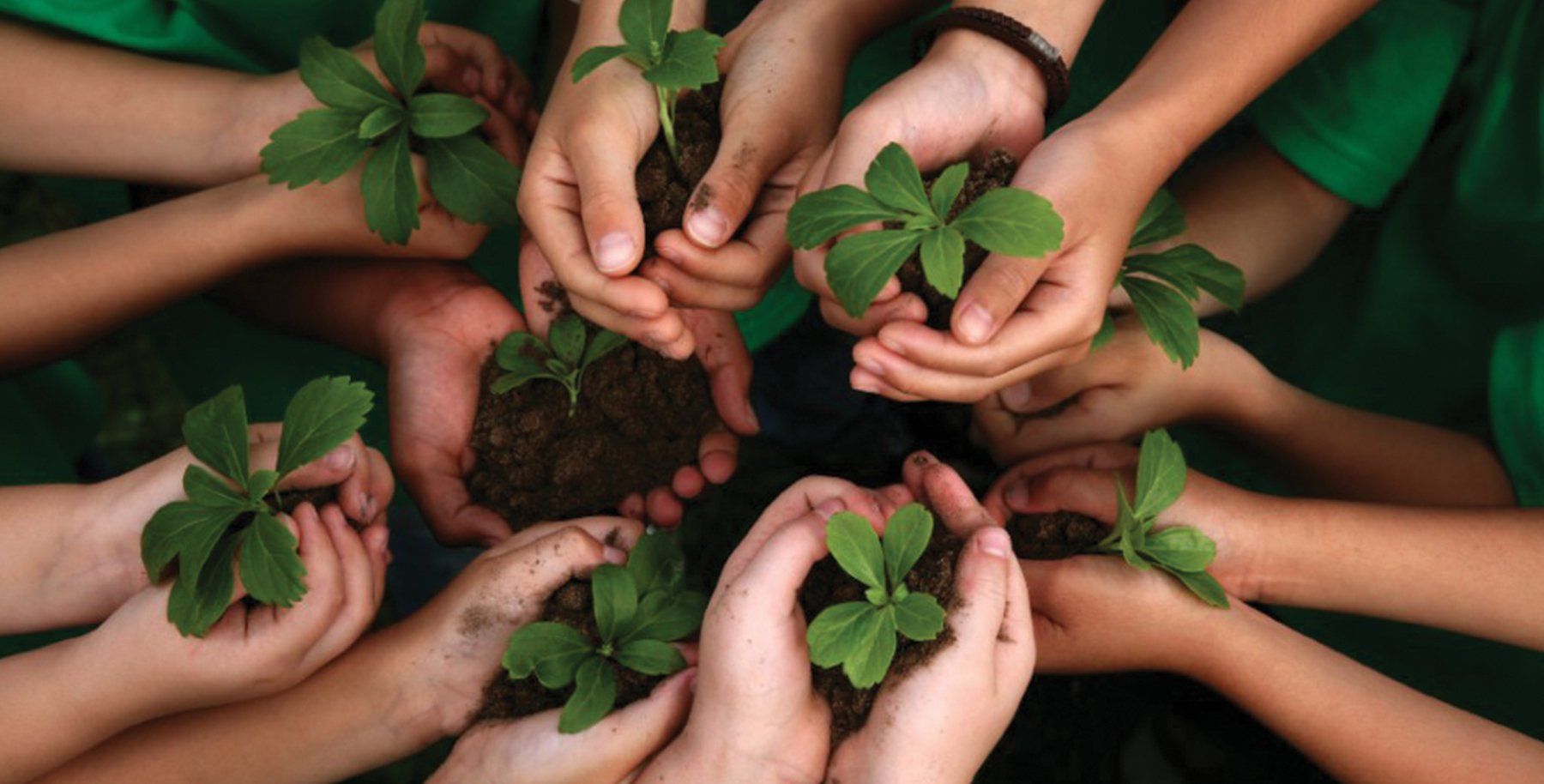
Growing Lunch is Growing Strong
Yolo County School Cafeterias Serving Fresh Food Grown by their Students
Yolo Farm to Fork is planting the seeds of healthy living through a new edible school garden program, Growing Lunch. Woodland and West Sacramento elementary school students are currently harvesting and delivering fresh tomatoes and melons they planted last spring to their school cafeterias . This fall students will plant carrots, lettuces and snap peas to be served in their cafeterias from December through April. The pilot program is designed to empower K-6 students to learn how to grow, harvest and eat healthy, fresh produce at school.
“We are excited to have strong support from three partners in this effort,” says Anya Perron-Burdick, Yolo Farm to Fork’s Program Manager. Generous grants from the Yocha Dehe Wintun Nation and the Glory, Glory Sacramento Fund and corporate sponsorship from Bayer Crop Science will fund the pilot program for this school year in both Woodland and Washington school districts, at no cost to the schools. Five schools are currently enrolled in the pilot: Beamer, Whitehead and Plainfield Elementary schools in Woodland and Westmore Oaks and Stonegate Elementary in West Sacramento. A third school in West Sacramento will be added this fall.
Grant funding will cover the cost of the year-long pilot including all garden materials, stipends for garden interns and volunteers, project coordination and evaluation, plus publication of a guide for future participating schools in planting, growing, and harvesting protocols to ensure that healthy garden produce is served in the cafeteria. Food Service Directors in Woodland Joint and Washington Unified School Districts have trained their participating cafeteria staff members to receive, prepare and serve the fresh garden produce.
“The best part about this program is the excitement we see on the faces of all our children,” said Karri Pina, Food Services Director for Washington Unified School District. “They are granted an opportunity to reap the benefits of a unique learning experience that allows them to step outside the classroom and discover what it means to grow, maintain, harvest and eat healthier food, all while building valuable hands-on experience.”
Yolo Farm to Fork currently supports more than 40 edible gardens in schools throughout Yolo County. As a private, nonprofit corporation, it depends entirely on local and regional support. It has been on the leading edge of the farm to fork movement, originating with the Davis Farm to School program in 2000. Run mostly on volunteer power, the organization is dedicated to bringing locally grown farm-fresh food to schools and families, and reducing waste through recycling and composting.
